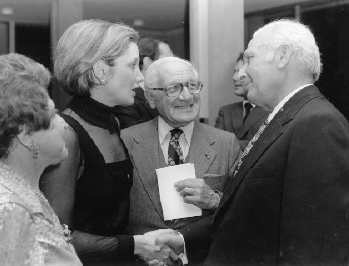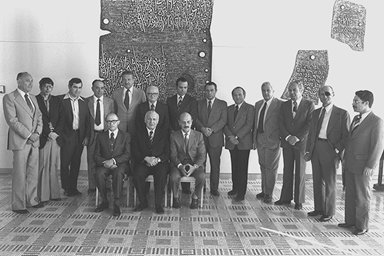<Back to Index>
- 4th President of Israel Ephraim Katzir, 1916
PAGE SPONSOR
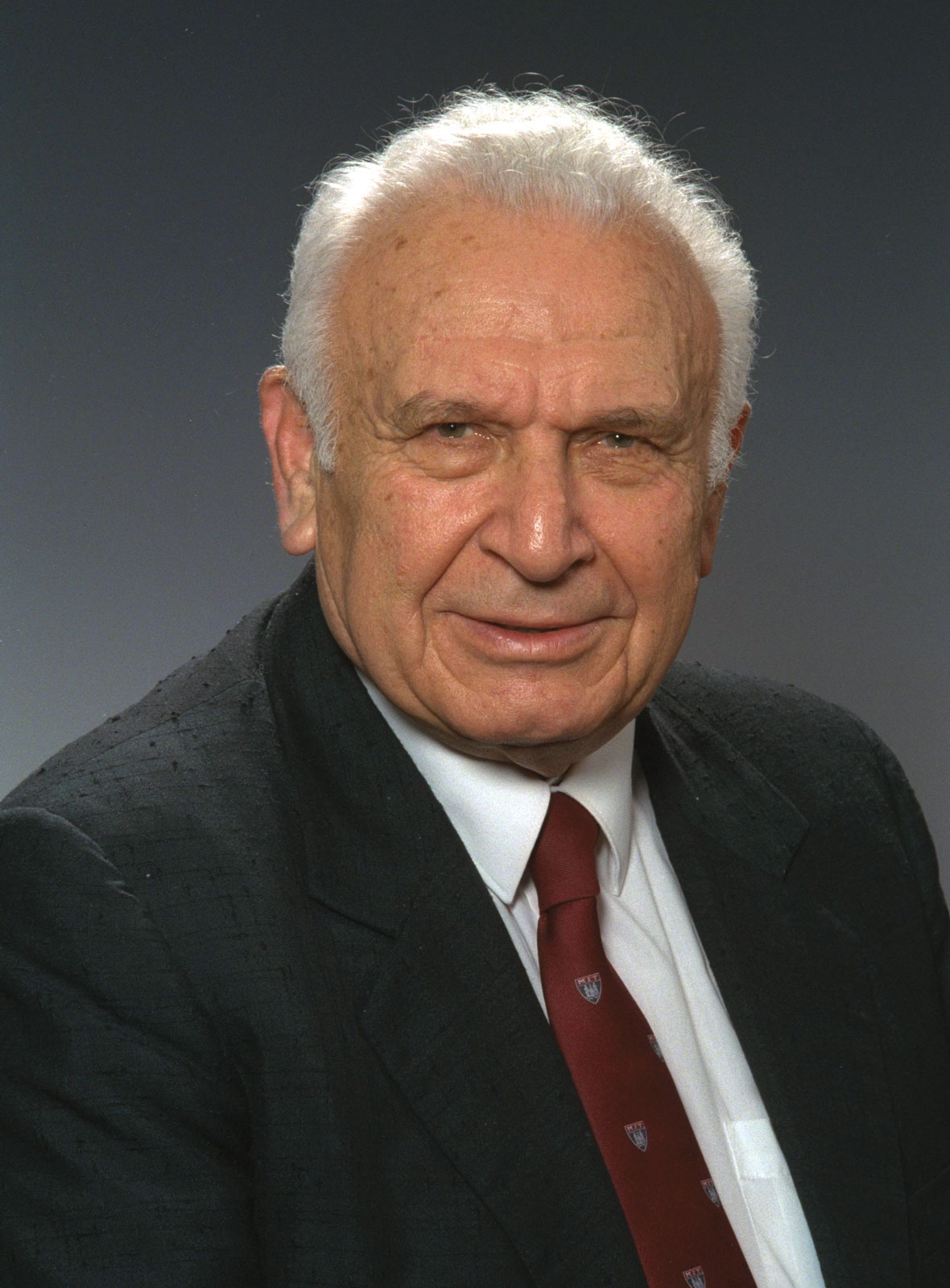
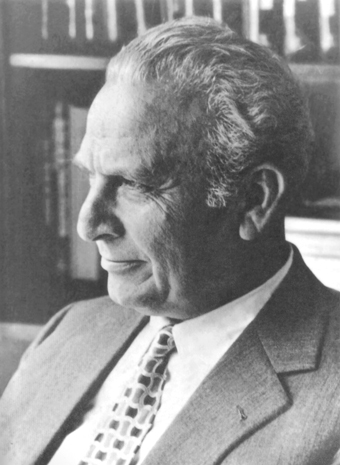
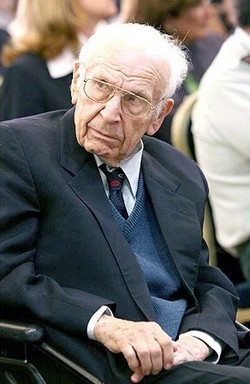
Ephraim Katzir (Hebrew: אפרים קציר) (16 May 1916 – 30 May 2009) was an Israeli biophysicist and former Israeli Labor Party politician. He was the fourth President of Israel from 1973 until 1978.
Katzir was born Efraim Katchalski, son of Yehuda and Tzila Katchalski, in Kiev, in the Russian Empire. In 1925 (several publications cite 1922), he immigrated to Mandate Palestine with his family and settled in Jerusalem. In 1932, he graduated from Gymnasia Rehavia. Like his brother, Aharon, he was interested in science. He studied botany, zoology, chemistry and bacteriology at the Hebrew University of Jerusalem. In 1938, he received an M.Sc, and in 1941, he received a PhD degree. In 1939, he graduated from the first Haganah officers course, and became commander of the student unit in the field forces ('Hish). He and his brother worked on development of new explosives. In May, 1948, Ephraim was appointed commander of the "Heyl Mada" (HEMED) – scientific research and development corps. His brother, Aharon Katzir, chairman of the Department of Polymer Research at Weizmann Institute, was murdered in the Lod Airport Massacre.
Katzir was married to Nina (née Gottlieb), born in Poland, who died in 1986. As an English teacher, Nina developed a unique method for teaching language. As the president's wife, she introduced the custom of inviting children books' authors and their young readers to the President's Residence. She established the Nurit Katzir Jerusalem Theater Center in 1978 in memory of their deceased daughter, Nurit. They had a son, Meir, and three grandchildren. Katzir died on 30 May 2009 at his home in Rehovot.
After continuing his studies at the Polytechnic Institute of Brooklyn, Columbia University and Harvard University, he returned to Israel and became head of the Department of Biophysics at the Weizmann Institute of Science in Rehovot, an institution he helped to found. In 1966 – 1968, Katzir was Chief Scientist of the Israel Defense Forces. His
initial research centered on simple synthetic protein models, but he
also developed a method for binding enzymes, which helped lay the
groundwork for what is now called enzyme engineering.
In 1973, Golda Meir contacted Katzir at Harvard University, asking him to accept the presidency. He hebraicized his family name to Katzir, which means 'harvest'.
On 10 March 1973, Katzir was elected by the Knesset to serve as the fourth President of Israel. He received 66 votes to 41 caste in favor of his opponent Ephraim Urbach and he assumed office on 24 May 1973.
In November 1977, he hosted President Anwar Sadat of Egypt in the first ever official visit of an Arab head of state. In 1978, he declined to stand for a second term due to his wife's illness, and was succeeded by Yitzhak Navon. After stepping down as President, he returned to his scientific work.
- In 1959, Katzir was awarded the Israel Prize in life sciences.
- In 1977, he was elected a Foreign Member of the Royal Society.
- In 1985, he was awarded the Japan Prize.
- In 2000, the Rashi Foundation established the Katzir Scholarship Program in honor of Katzir, one of the first members of its board of directors.
- He is also a recipient of the Tchernichovsky Prize for exemplary translation.
